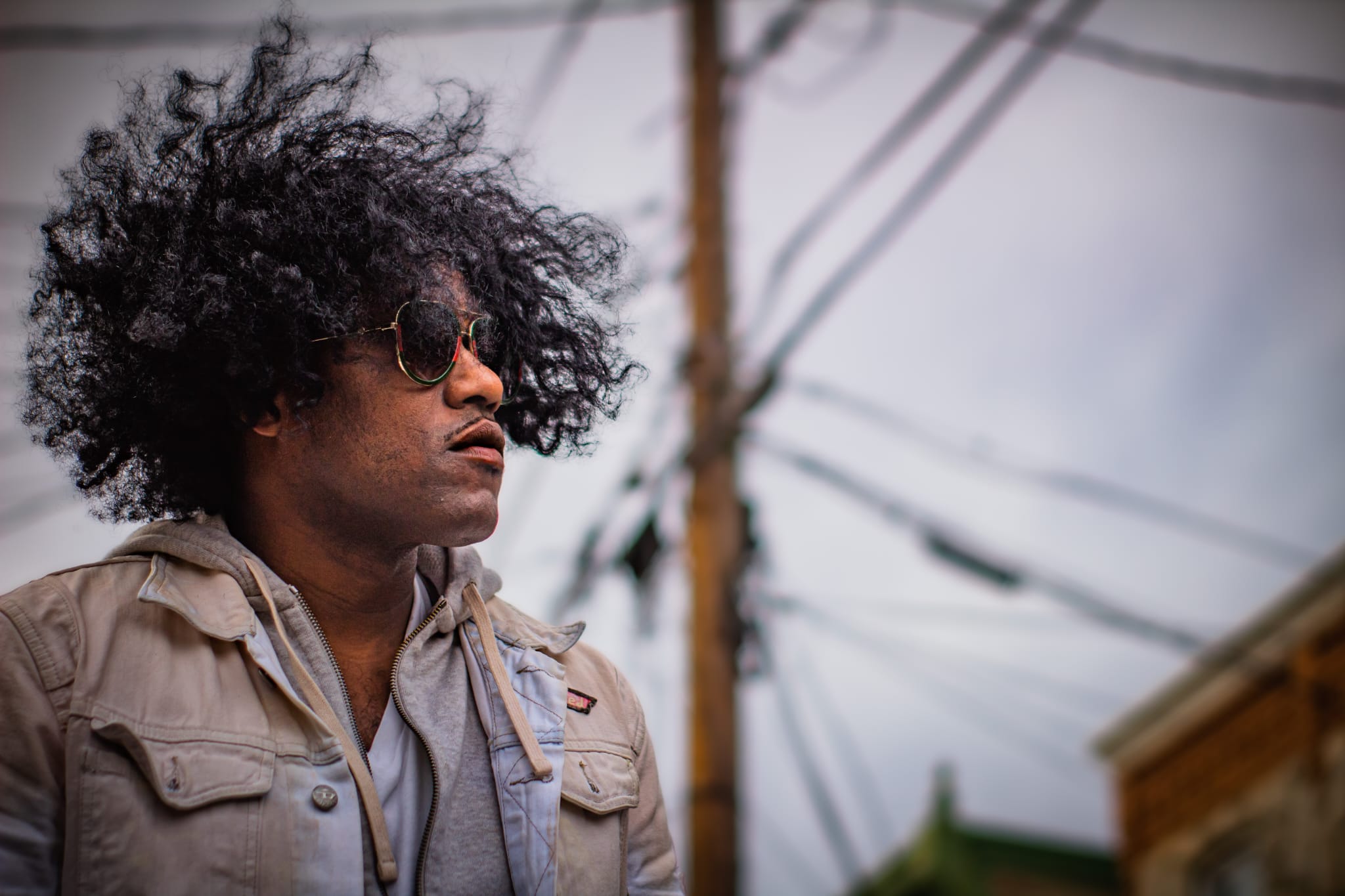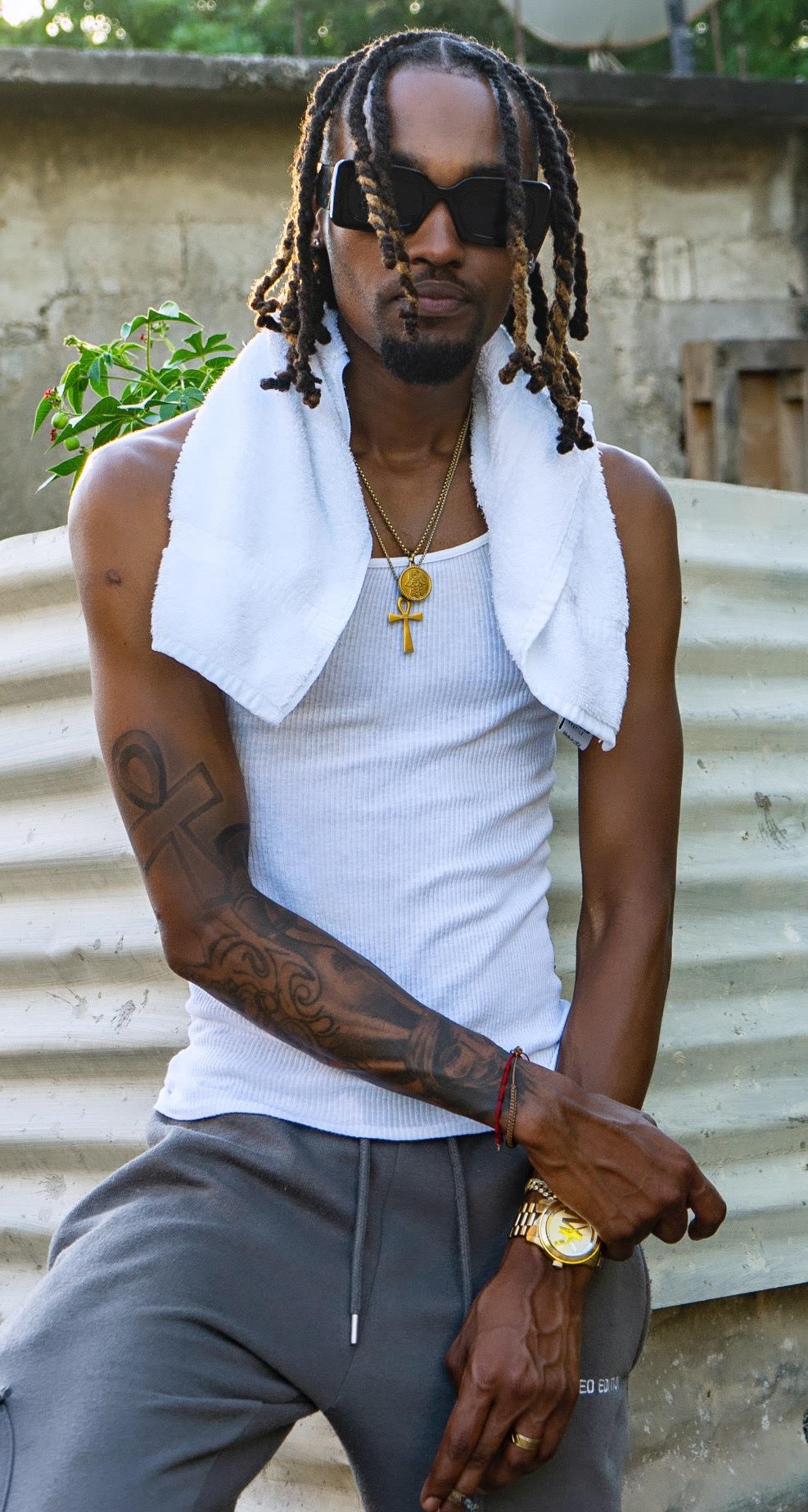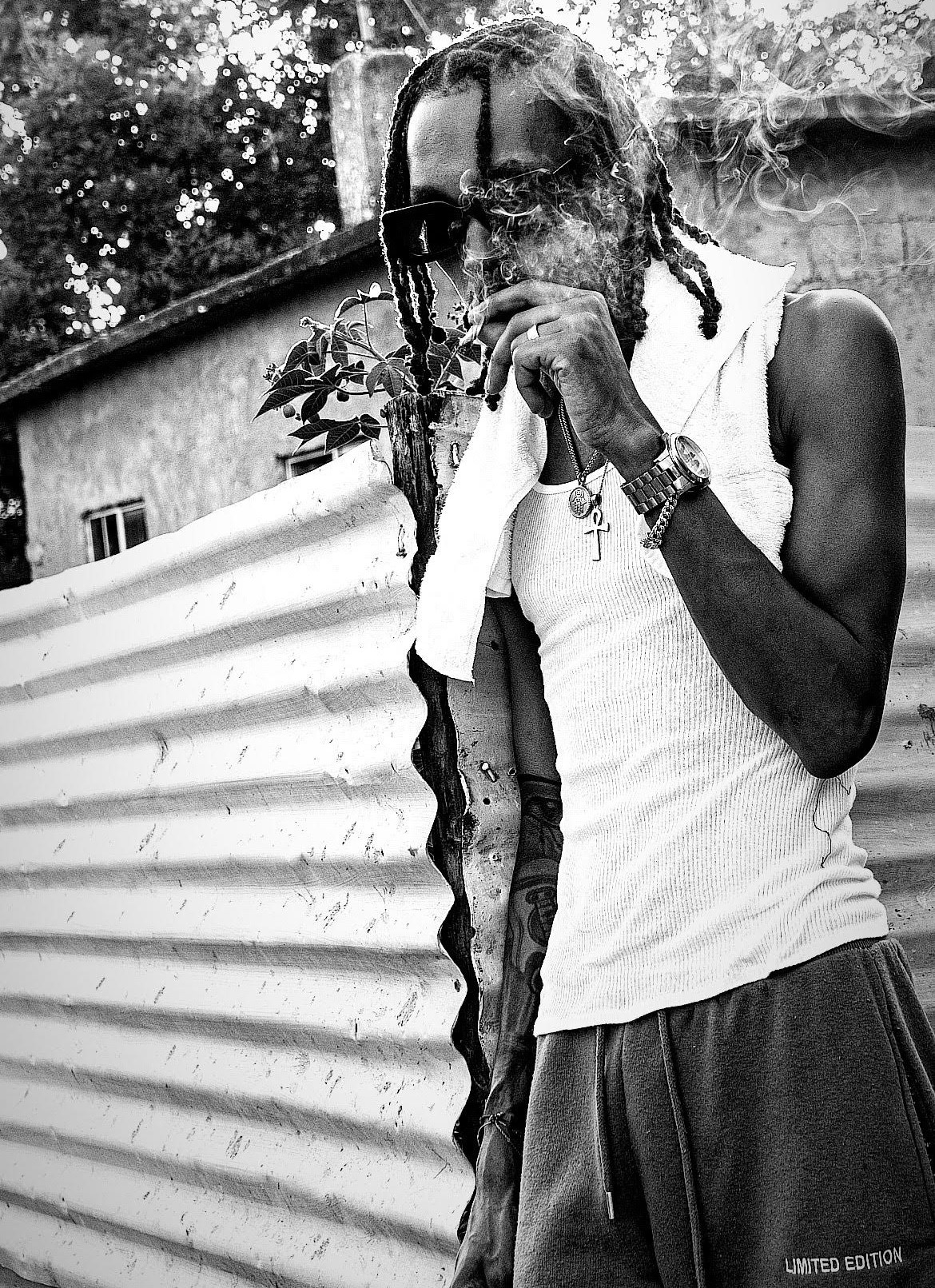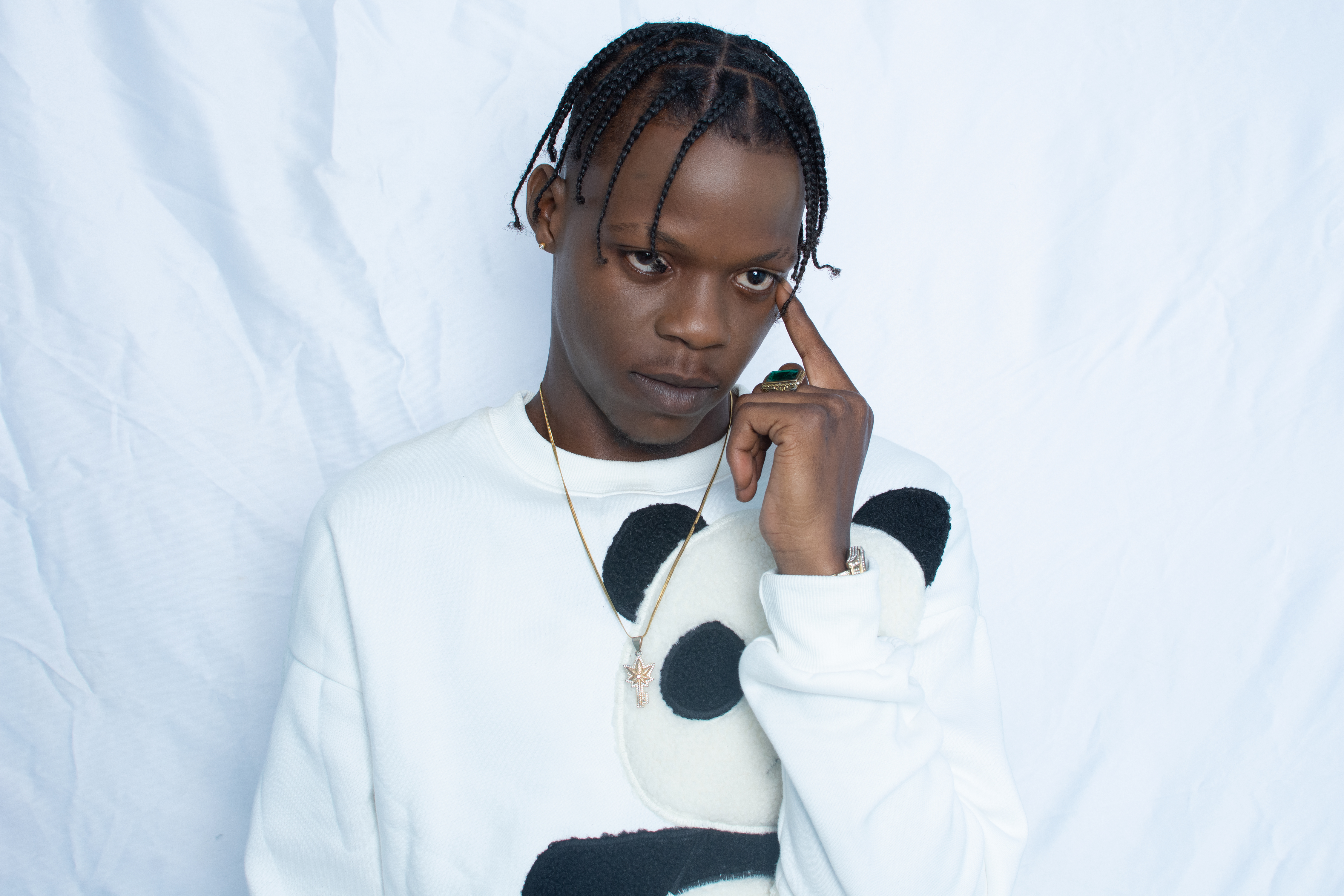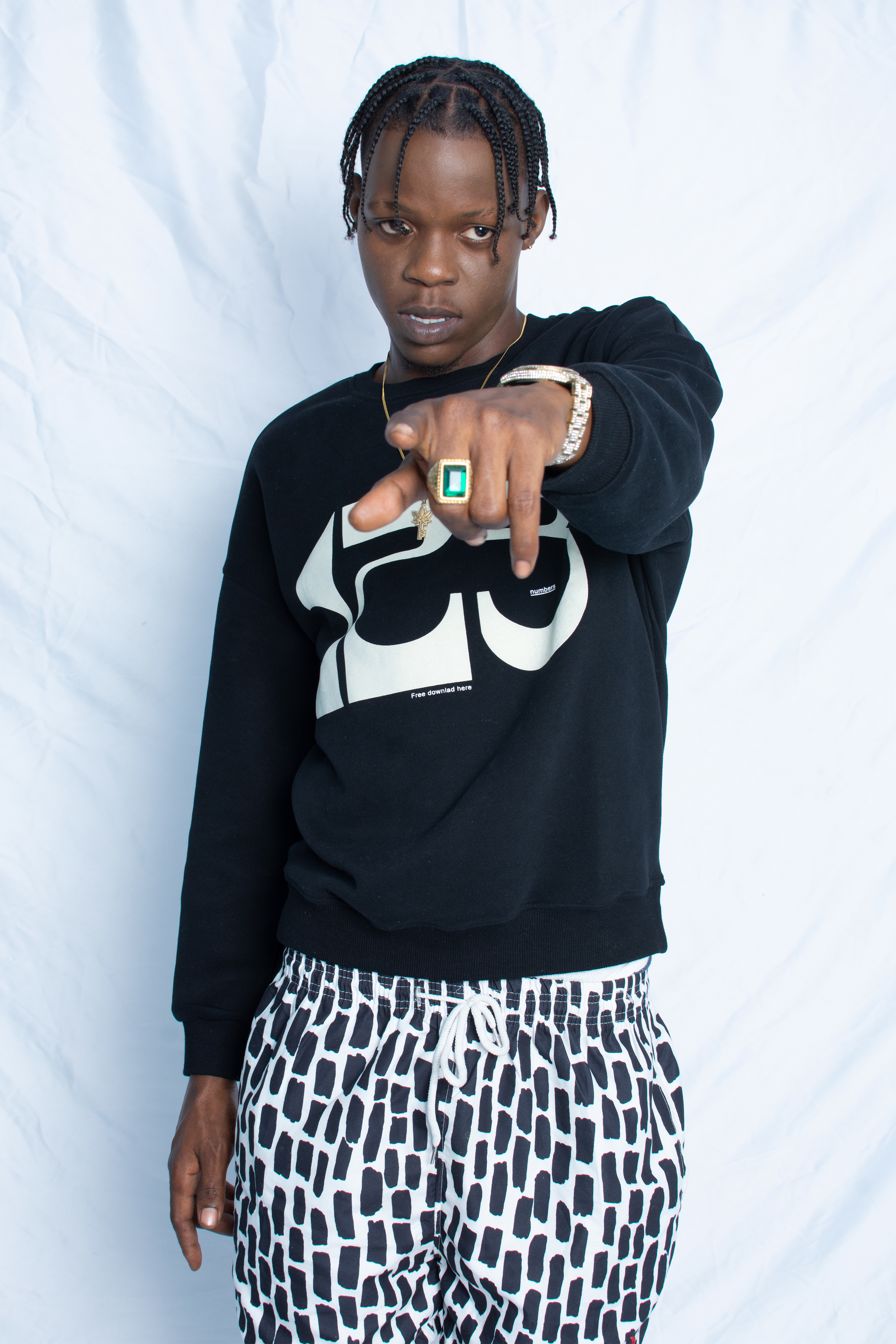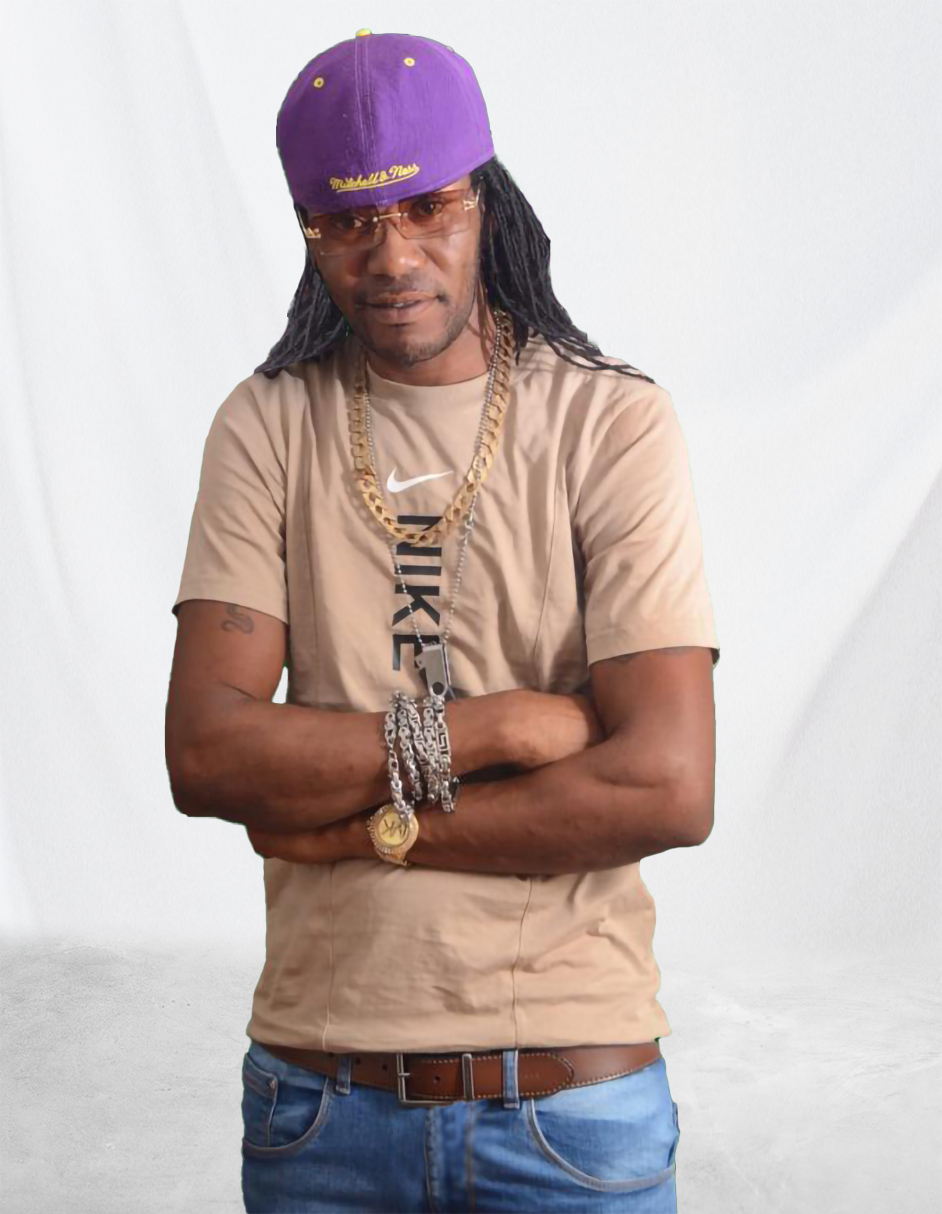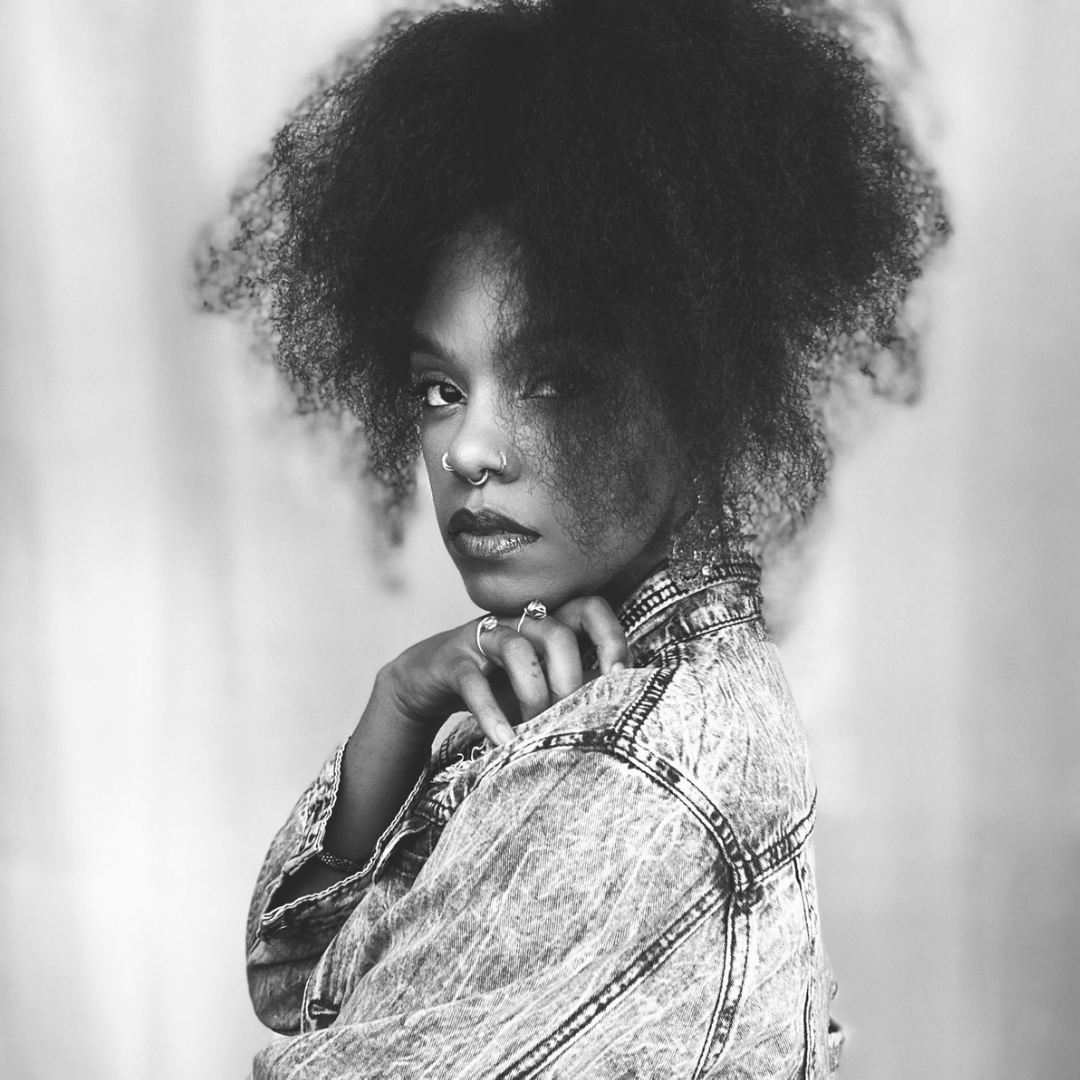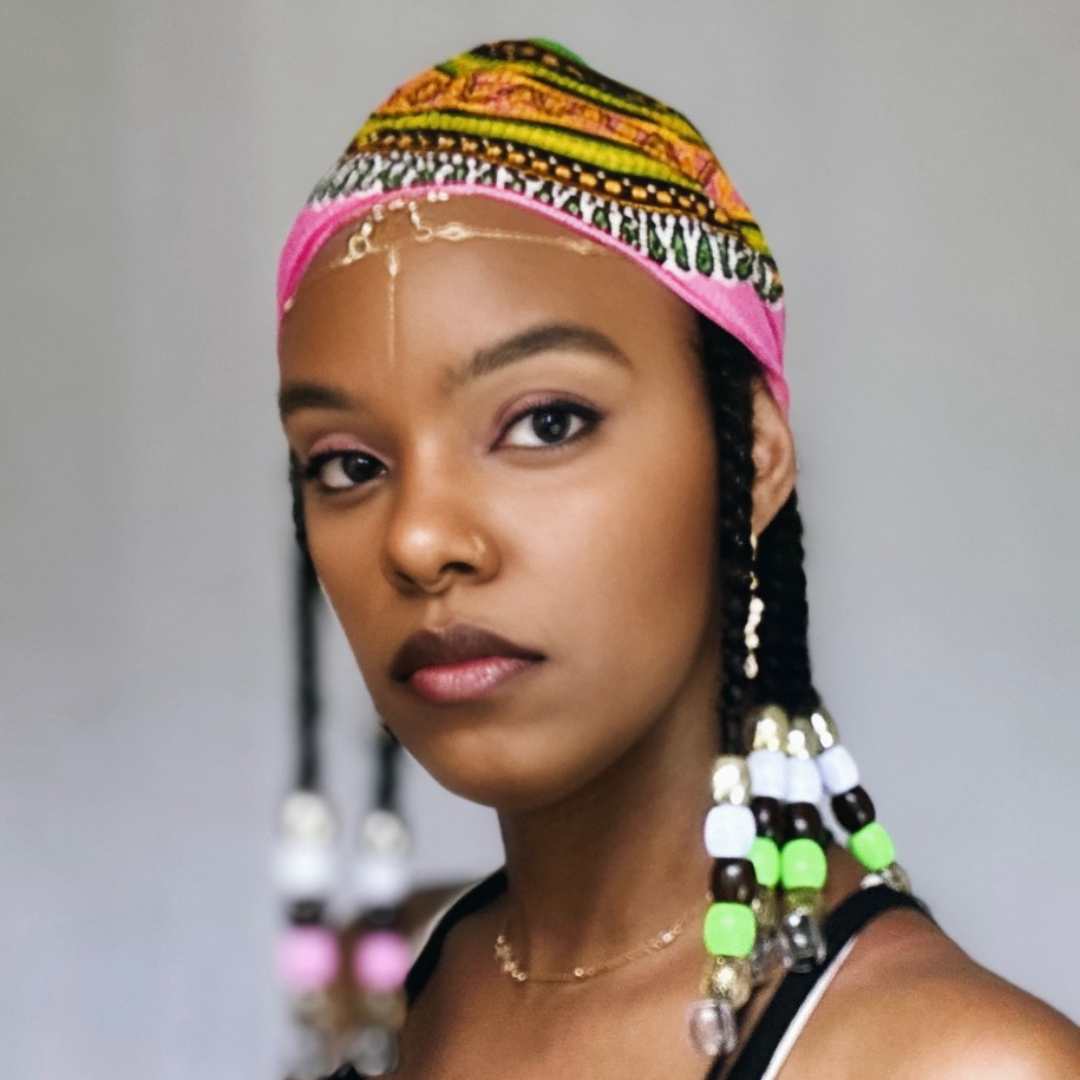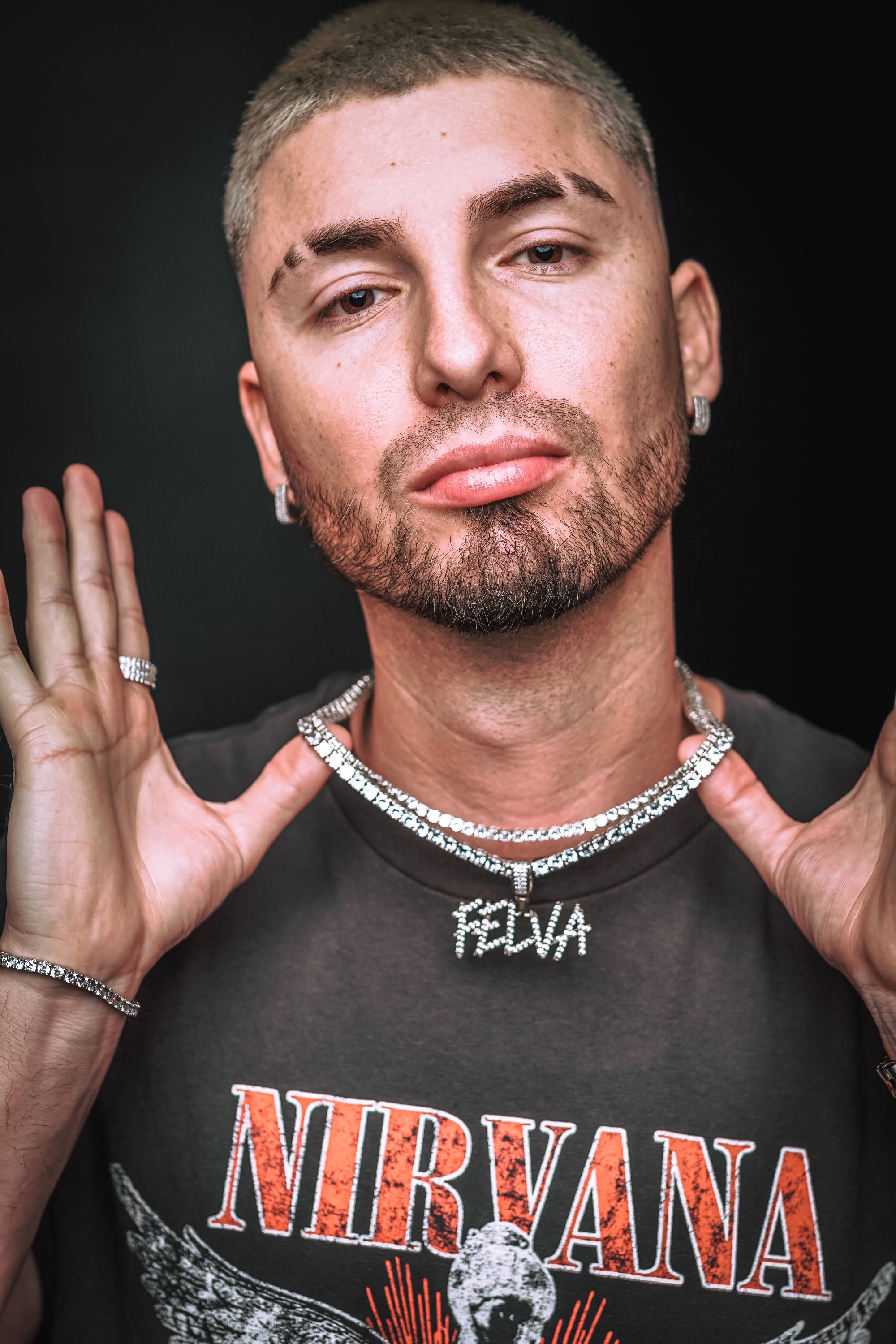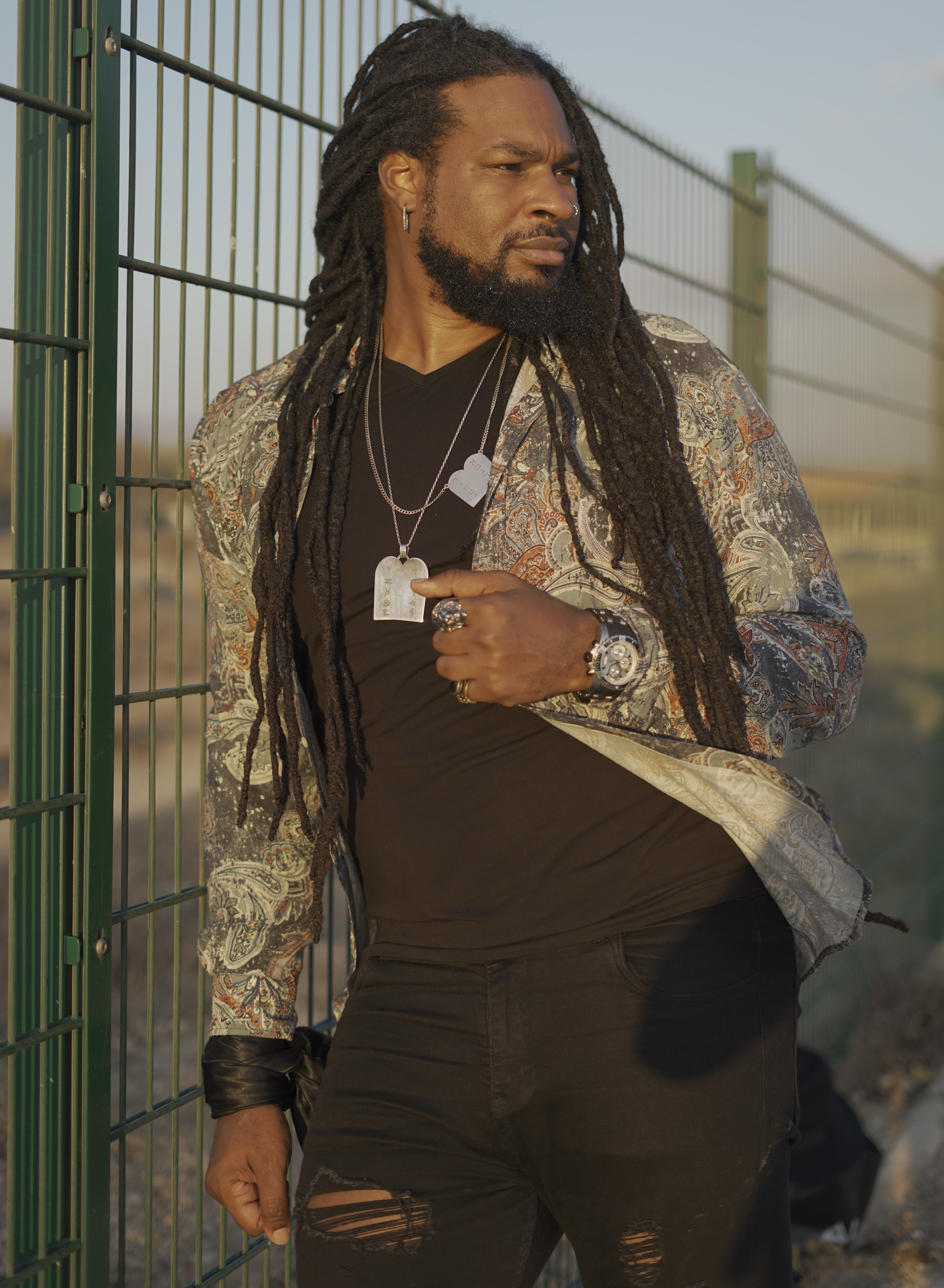Welcome back, and a Happy New Year to all our readers! Ladies and gentlemen, brace yourselves for a journey into the transcendent sounds of our BPM Spotlight Artist of the Week, the truly incomparable M-Gee. Hailing from the vibrant streets of Maxfield Avenue in Kingston, Jamaica, and now gracing the sonic panorama of Philadelphia, M-Gee is a reggae/dancehall virtuoso like no other. With roots deeply embedded in his early church days, M-Gee's musical journey began at the tender age of 14, laying the foundation for an extraordinary career that would later unfold in the City of Brotherly Love. Renowned for his soul-stirring compositions, M-Gee's music is a powerful testament to resilience, inspiration, and an unwavering connection with contemporary trends.
Today, we have the privilege of delving into the artistic brilliance of M-Gee, a maestro whose melodies transcend boundaries and beckon listeners to join him on a profound musical odyssey. Welcome to the enchanting world of M-Gee, where each note is a brushstroke painting a masterpiece of inspiration and rhythm.
-----------------------------------------------------------------------------------------------------------------BPM: M-Gee, it's fantastic to have you here. Let's dive into your extraordinary journey. Growing up in Jamaica, a place known for its lively music scene, must have played a significant role in shaping your musical roots. Can you take us back and share how the music culture in your hometown shaped your early musical inclinations? Are there specific memories or experiences from your childhood that stand out and continue to fuel your passion for reggae and dancehall?
M-Gee: My musical passion was influenced by listening to and watching artists such as Pinchers, Admiral Tibet, Johnny P, Singing Melody, and Lady Saw performing in the area. I recall developing a deep connection to music after witnessing Ninja Man’s performances at the local stage shows.
BPM: Those are some great influences! Thank you for sharing that. Your musical journey began when you attended church with your mother at the age of 14. How did the church environment contribute to your musical development, and do you incorporate any elements from that experience into your current work?
M-Gee: I began my singing journey in church, which played a pivotal role in developing a versatile approach to delivering music. Moreover, the church environment shaped my mindset, instilling a focus on conveying positive messages through my music.
BPM: Building on your experiences, it's evident that your early musical journey laid a strong foundation. Shifting gears, let's delve into your time in Philadelphia. How did the change in environment and cultural influences shape your artistic expression and the themes you explore in your music?
M-Gee: Being in the Philadelphia environment created more opportunities, aligned me with more resources, and connected me with a wider audience base.
BPM: Your journey in Philadelphia, rich with opportunities and a broader audience, showcases the profound impact of environment on artistic growth. Taking a step back to the beginnings of your musical career, can you recall your very first public performance? How did it feel to share your music with an audience for the first time? Moreover, considering those early experiences, how have they influenced and shaped your stage presence today?
M-Gee: My first public performance was in Brooklyn, NY in 2006 at a birthday party. During that moment, I recall feeling extremely nervous, but I was able to regain my confidence upon observing the supportive and engaging reactions from the crowd. It was at this moment that I realized, as an entertainer, I must connect with my audience. At all times, my performance is for the audience and not for myself, so I ensure that I am always engaged.
BPM: It's fascinating to hear how that first performance in Brooklyn became a defining moment, highlighting the significance of connecting with your audience. Now, turning our attention to your musical influences like Bounty Killa, Pinchers, and Ninja Man, if you could spend a day with one of them what would you want to learn from them or discuss? How do you think their mentorship would shape your artistic odyssey?
M-Gee: I would like to understand how they managed to deliver consistent material amidst such rapidly changing times. Additionally, I am eager to inquire about their drive and perseverance, exploring how they navigated challenges without quitting. Most importantly, I would appreciate their insights on how music leaders can collaborate to foster greater synergy rather than cultivating a competitive environment. Their guidance would be invaluable resources in my toolbox, propelling me toward my desired level of success.
BPM: It's enlightening to hear the valuable insights you'd seek from these influential figures. Understanding their ability to consistently deliver in the face of dynamic changes and their unwavering drive could undoubtedly offer profound lessons. Now, shifting gears a bit, your music is often described as both inspirational and in tune with current trends. How do you manage to strike a balance between staying true to your cultural roots and remaining relevant in today’s diverse and ever-evolving music landscape?
M-Gee: First and foremost, every artist must know who they are and their purpose for being in this field. I adopt the approach of understanding why I am here and what I would like to accomplish. I recognize that to stay relevant, one must stay current with today’s topics. While staying informed, I also ensure that my content does not deviate too far from my core choice of music.
BPM: Your approach of understanding your purpose in this field resonates, highlighting the importance of staying true to oneself. It's evident that your commitment to authenticity plays a key role in navigating the dynamic realm of music. Speaking of your music, your soothing voice has indeed carved a unique space. If you were to envision a visual representation of your music, what landscape would it paint? How would you describe the colors, textures, and overall atmosphere that encapsulate your distinctive sound?
M-Gee: I would visualize my music as a walk in the park, surrounded by nature. My voice creates a space for others to be deeply connected with themselves, much like a serene moment in a park.
BPM: The imagery of your music being akin to a walk in the park surrounded by nature is both vivid and captivating. It truly paints a serene picture. Speaking of connection, your collaborations with artists from various backgrounds showcase the diversity in your musical journey. If we were to look ahead, imagining a performance in a country or city you haven’t visited yet, where would that be, and what elements do you believe your global audience would find most captivating about your performance?
M-Gee: I dream of performing in Ghana. I am confident that the audience members would connect with me given my Jamaican cultural background and my resilience to rise above my community limitations.
BPM: Your dream of performing in Ghana carries a beautiful cultural resonance, M-Gee. The prospect of connecting with an audience through the shared experiences of Jamaican culture and resilience is truly compelling. Let’s change gears a bit, beyond your remarkable music journey, you've also made waves in the fashion world with your magazine-inspired beats and the M-Gee clothing line. Can you share more about how this unique fusion of music and fashion unfolded? What inspired your venture into urban wear, and how do you envision your clothing line aligning with the message and style conveyed through your music?
M-Gee: I have always had a connection with fashion from a young age while living in Jamaica. One of my monikers was 'Clothes' because I was consistently well-dressed despite my financial situation. As life changed for me, I felt the need to express myself through my unique style. Others have consistently complimented me on my attire and how I carry myself. The inspiration to launch M-Gee Clothing Co was driven by the support I received from others.
BPM: It's fascinating to learn about the moniker 'Clothes' and your early connection with fashion. Your journey from expressing yourself through style to launching M-Gee Clothing Co truly reflects the evolution of your passion. Now, beyond your well-known musical talents, do you have any hidden or lesser-known talents that your fans might be surprised to discover? Perhaps there's something you enjoy doing in your downtime that fuels your creativity?
M-Gee: I love to play soccer. You can find me at the ballfield (soccer field) on most Sundays and almost every weekend during the summer.
BPM: It's fantastic to envision you enjoying the ballfield on those vibrant summer weekends. The passion you bring to soccer undoubtedly adds another layer to your creative spirit. Now, as you continue to make waves in the music and fashion realms, what do you hope your musical legacy will be? Are there specific messages or themes you want people to associate with the name M-Gee when they look back on your body of work?
M-Gee: I want people to remember me for my inner-drive, my positive message reminding people that they can accomplish anything, and my sense of creativity.
BPM: It's inspiring to hear about the legacy you aim to leave, M-Gee. Your inner-drive, positive messages, and creativity undoubtedly form a powerful combination. Looking ahead, as you consider the next phase of your career, how do you envision your music evolving? Are there new genres or styles that you're particularly eager to explore and incorporate into your artistic journey?
M-Gee: I would like to cross over into American pop culture and explore deeper into the reggae scene. I know reggae is connected worldwide, and I aim to shine a spotlight on other local reggae artists who may not receive the recognition they deserve.
BPM: It's intriguing to hear about your aspirations to cross over into American pop culture and further champion the reggae scene. Your commitment to shining a spotlight on local reggae talent is truly commendable. Looking forward, as you navigate the intersections of music and fashion, can you provide a glimpse into what's next for M-Gee? Are there exciting projects, collaborations, or events on the horizon that you can give us a sneak peek into? What can your fans and our readers look forward to in the coming months?
M-Gee: I would advise my fans to stay tuned and stay connected. I am always thinking about the future and how I can best engage with my support group.
BPM: As we conclude this insightful conversation with the talented M-Gee, we want to express our gratitude for sharing your journey, inspirations, and future aspirations with us. Your commitment to uplifting the reggae scene and connecting with your audience through both music and fashion is truly inspiring. We look forward to witnessing your continued success and eagerly anticipate the exciting projects and collaborations you have in store. On behalf of our readers and fans, thank you, M-Gee, for this engaging interview.
Photo credit: Everon Smith
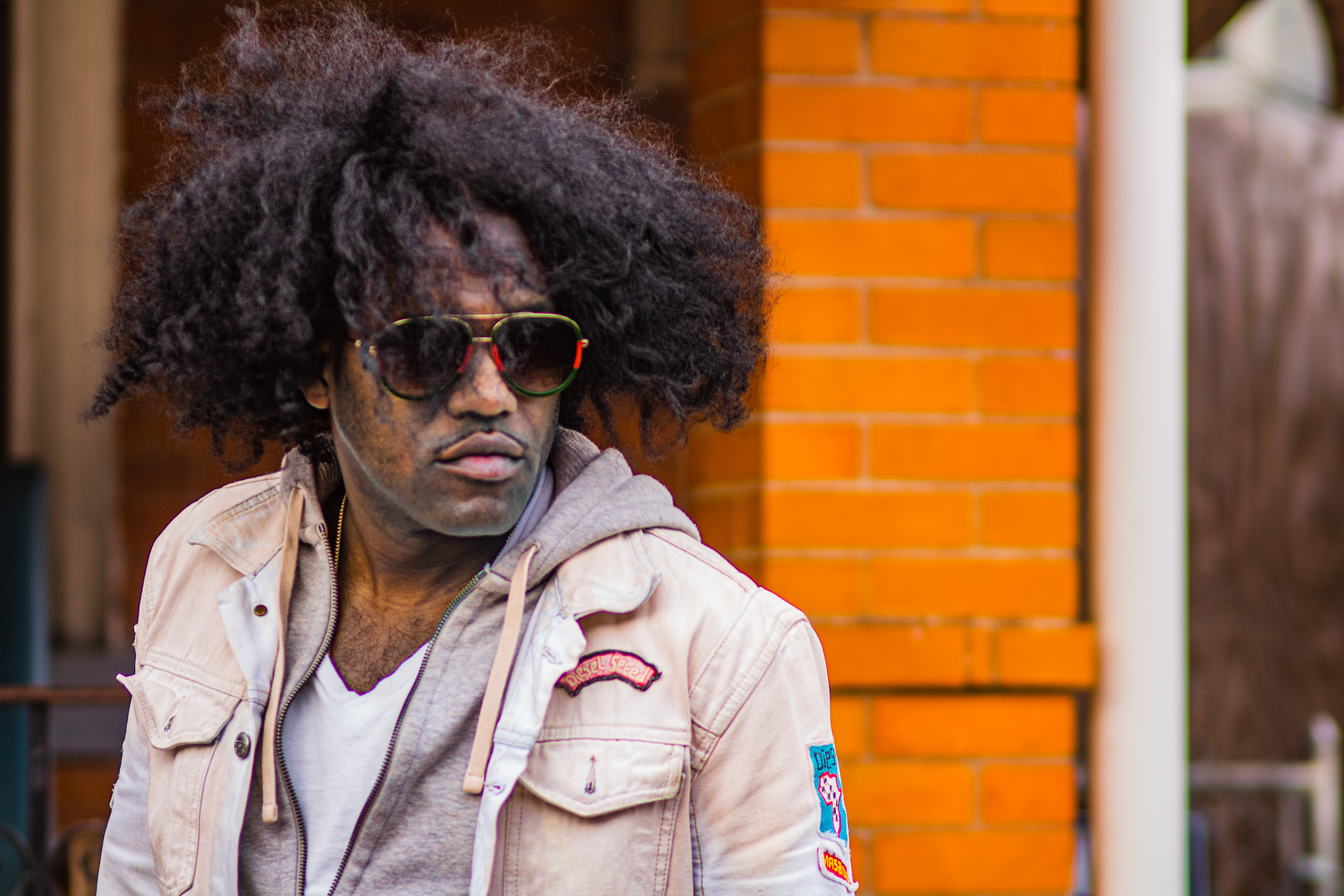
.
.
.
Follow M-Gee on social media platforms:
YouTube: @EntertainmentGSMusic
Instagram: @MGee_Music
Facebook: @Mgeemusiq
TikTok: @MGeeMusic
For Bookings:
(267) 886-3296 or on IG @MGee_Music
Watch "Worry Them Mind"
Watch "Like Seriously"
Watch "Instantly" ft Chronic Law

